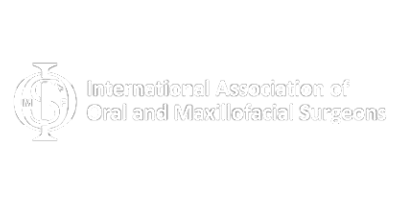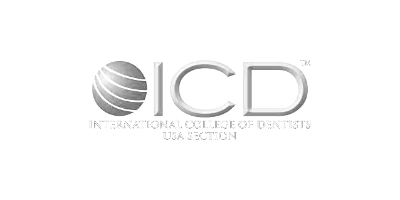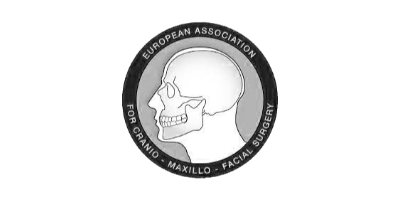Postoperative Instructions
Following oral and maxillofacial surgery
Healing following surgery will vary from person to person. The following points cover a range of issues related to the postoperative course following most oral and maxillofacial surgical procedures.
We aim to make your surgical procedure and postoperative healing period as comfortable as possible.
Postoperative pain
Both Dr Schenberg and the anaesthetist aim to make your surgical procedure as comfortable as possible. The anaesthetist administers analgesics while you are asleep which help control discomfort after surgery. Dr Schenberg performs the surgical procedure as minimally as possible and administers a local anaesthetic while you are asleep to help minimise postoperative discomfort.
If you experience pain or discomfort after your surgery take the analgesic tablets that were prescribed for you.
If necessary for greater pain control, ibuprofen (eg Nurofen) and paracetamol can be taken together and are an effective combination. Both are available over the counter from pharmacies. Check that you are not allergic to, or have a reaction to, any of the constituents of these tablets. The pharmacist (and the information sheet with the tablets) will advise you of the maximum number of tablets allowed per day. Please be sure not to exceed that number.
Postoperative numbness
On waking after surgery you will be numb from the local anaesthetic administered by Dr Schenberg while you were under general anaesthesia. This is usually very effective in controlling postoperative pain and will slowly wear off over 8 to 24 hours. Take care not to injure your numb lips, cheek or tongue with accidental biting or with hot food and beverages.
Swelling
The degree and duration of postoperative swelling varies from person to person. Swelling of the cheeks generally reaches a maximum at around one to two days following surgery. On occasion the swelling may reach its peak on the third postoperative day. It is not unusual for one side of the face to swell more than the other side. For surgical procedures involving teeth, most of the swelling will resolve by about one week after surgery. Larger surgical procedures, such as jaw or orbital surgery, may take two to three weeks to resolve.
Bruising
A few days after surgery bruising of the skin of the cheek may become visible. In some people the bruising may spread onto the skin of the neck as it naturally drains over the following days.
Rest
Rest is an important part of healing. It is important to rest in the days following surgery.
Lethargy
Feeling lethargic in the days following surgery is a normal physiological response to surgery. The degree and duration of lethargy varies from person to person. Some medications may also cause lethargy.
Oral hygiene
It is important to keep your mouth as clean as possible following oral surgery to minimise the risk of developing a postoperative infection. Continue with tooth brushing as best you can. You may find using a small soft toothbrush helpful. As healing progresses and your comfort improves you will find that day-by-day you will progressively return to your normal oral hygiene routine. Commercial mouth rinses are for use as an adjunct to good tooth brushing and should not be used as an alternative to tooth brushing in the postoperative period.
Warm salt-water mouth rinse
Commencing the day after surgery, gently bathe oral wounds using a soothing warm salt mouth rinse. The solution should be mildly salty and soothingly warm. The salt-water mouth rinse is prepared by dissolving half a teaspoon of table salt in a cup of warm water. Use this up to six times a day in the days following surgery and for as long as you feel its soothing effects.
Diet
In the first few days following surgery have a soft and gentle diet as tolerated. As healing progresses and your comfort and confidence improve progressively return to your normal diet.
Antibiotics
If you were given a prescription for antibiotics or given a course of antibiotic tablets at the hospital, commence taking them soon after the surgery. Antibiotics are not always prescribed.
Bleeding
Bleeding is controlled at the time of surgery. If you had oral surgery you may notice blood stained saliva on the first day of surgery and possibly for a few more days. If excessive bleeding occurs it is best controlled by applying pressure to the wound. This can be achieved by making a pack from a folded piece of clean gauze or if not available a clean ironed handkerchief. Apply the pack to the bleeding wound and apply pressure by biting firmly on the pack for 30 minutes. It is best to sit up or lie with the head raised on a few pillows until the bleeding has been controlled.
Contact Dr Schenberg if you develop uncontrolled bleeding in the days following surgery.
Nausea and vomiting
Following a general anaesthetic, nausea and vomiting are uncommon these days. If vomiting occurs in the days following surgery it may be a reaction to one of the postoperative medications, which should be ceased. In rare cases an anti-vomiting medication may be required from your family doctor.
Stitches
Stitches used inside the mouth are the synthetic dissolving sort, which usually fall out over a period of one to four weeks following surgery. Some stitches fall out earlier and some later, which is of no concern.
Coated tongue
In the early postoperative period you may develop a coating on the tongue. This will occur when the diet is smaller and softer than usual resulting in less friction over the tongue surface and accumulation of debris. This is of no concern. If you wish, the tongue can be cleaned with a soft toothbrush by gently brushing the top surface of the tongue from the back forward.
Foul odour or taste
Some people experience a foul taste or odour from the mouth following oral surgery. This can be due to 1) the normal healing process of a mouth wound, 2) food caught in a tooth socket becoming foul or 3) not maintaining your normal oral hygiene practices. It does not necessarily indicate infection. Rinse water around the tooth socket or use the irrigating syringe to flush water into the tooth socket to remove any foul food.
It is important to keep healing tooth extraction sockets clean so as to decrease the chance of developing a postoperative infection. From about one week postoperatively use the irrigating syringe regularly to keep any extraction sockets clean.
Infection
Infection following oral and maxillofacial surgical procedures is uncommon. The usual causative bacteria of a postoperative infection in the mouth are the normal resident bacteria of the mouth. Hence it is important to maintain good oral hygiene following surgery to decrease the volume of mouth bacteria and thereby decrease the chance of developing a postoperative infection.
A sign of a postoperative infection is an increasing swelling of the cheek some weeks following surgery. If you think that you have developed an infection please contact our office.
White colour of the wound
Wounds that heal in the mouth often have a white coating. This is normal and is due to the moist environment of the mouth causing the normal blood clot of the wound to turn white. It does not indicate infection.
Jaw stiffness
For a few days and sometimes for a few weeks after surgery you may experience jaw stiffness. Mouth opening returns to normal as healing progresses.
Ear pain
On occasion some people experience pain in the ear after oral surgery. This is usually referred pain after lower jaw surgery. It will resolve as healing progresses.
Review appointment
Those who undergo removal of impacted wisdom teeth or removal of teeth usually do not require a review appointment. If you would like to make a review appointment please telephone our office.
For those who undergo other procedures, a review appointment is usually made for around two weeks after surgery.
If you have any concerns during the postoperative healing phase please telephone Dr Schenberg’s office on 03 9706 7990.
